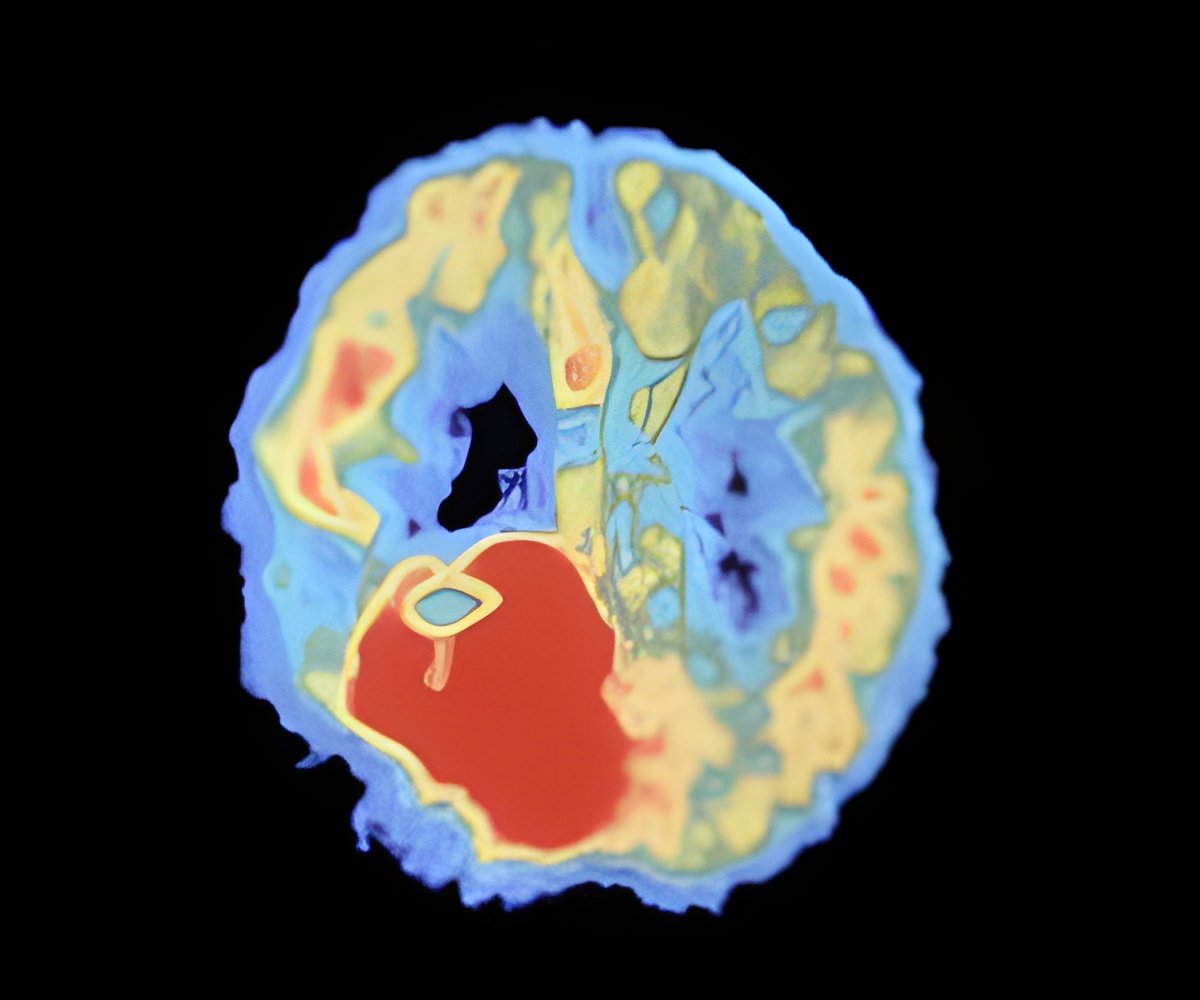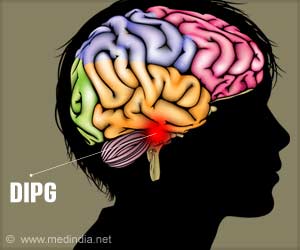Radiation therapy leads to reduced volume in hippocampus, which is responsible for memory, so children with brain tumor struggle to remember recent events. It is usually seen in patients suffering from Alzheimer's disease, dementia, brain injury, amnesia, encephalitis.

‘Radiation therapy’s impact inhibits the growth of neuron and affects the nervous system in children suffering from brain tumor. These cells from hippocampus play a crucial role in spatial learning that is required to navigate.’





"The surprise, and the up side, is that episodic memories from before the children's treatment were spared," Sekeres said. For the study, published in The Journal of Neuroscience, researchers focused on "autobiographical memory," which is linked to unique personal events and involves the recollection of emotional and perceptual details that allow a person to mentally re-experience the event, said Sekeres, assistant professor of psychology and neuroscience in Baylor University's College of Arts & Sciences.Radiotherapy and chemotherapy are used to treat the most common malignant brain tumor in children -- a medulloblastoma. The reduced volume of the hippocampus is likely due, in part, to radiation's impact on the development of new cells in the nervous system, including the growth of new neurons in the hippocampus, or neurogenesis.
"We know that these new cells play crucial roles in regulating memory and spatial learning, which is required to navigate. These treatments limit the brain's ability to produce these new cells, which, in turn, limits the ability to form new memories," Sekeres said.
Research participants were 13 child survivors of brain tumors who had previously received radiotherapy and chemotherapy treatment at least one year before the study. Twenty-eight healthy youths of similar ages (ranging from 7 to 18) also were recruited for the study, conducted with The Hospital for Sick Children in Toronto, Ontario, Canada. All the youths completed the Children's Autobiographical Interview -- a standardized memory test -- and underwent magnetic resonance imaging (MRI) of the brain.
In individual interviews, children in both groups also were asked to recall memories from personal events that occurred at a specific time and place. Children were asked to recall a very old memory from an event before their radiation treatment (or an equally old memory for the healthy children) and a recent memory from within the past month. They were offered a list of events such as a birthday party, family trip, graduation and getting a pet but were told that they could choose another happening.
Advertisement
"Such specific details might seem trivial, but these are precisely the kinds of details that allow us to vividly replay important events in our lives," Sekeres said. "For most events, though, even healthy people forget a lot of specific details over time because we typically don't need to retain all that incidental information. Some forgetting is normal and adaptive, and what we remember is the gist of an older event." The patients were just as capable as healthy children of recalling these older memories, she said.
Advertisement
"The study identifies an area of cognition that is inadvertently impacted by standard treatment methods, which has real consequences for the quality of life of the survivors. The physicians' ultimate goal is to allow their patients to survive and to live as well as possible," Sekeres said. "Although these treatments are often crucial in the effective management of the cancer, if the physicians and the family know there are these unintended side effects, that may be an additional factor to consider when exploring the treatment options."
Source-Eurekalert















